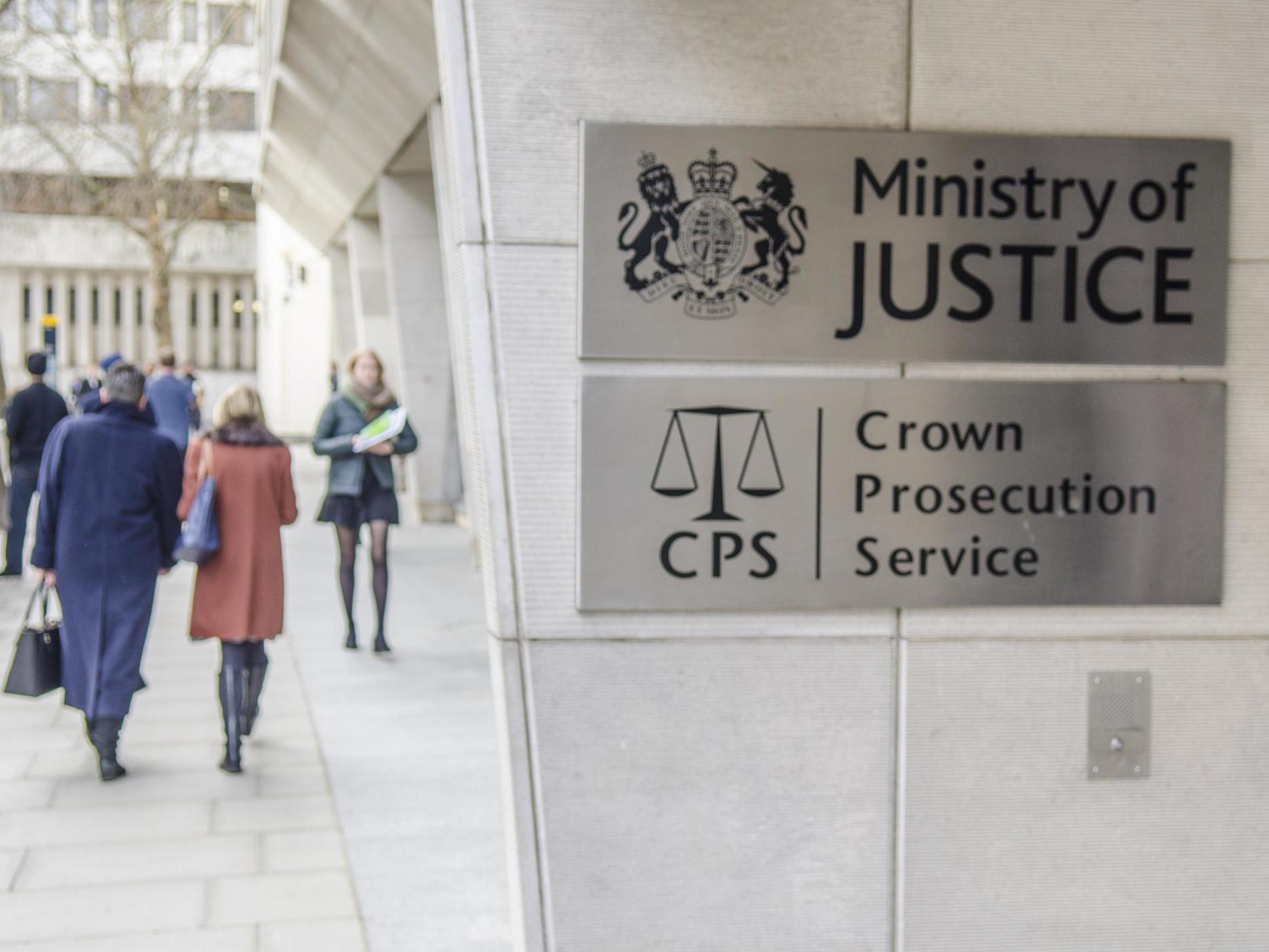Coronavirus: More than 140 offenders released from prison into hotels and B&Bs during lockdown
Ministry of Justice says move was ‘last resort’ to prevent offenders sleeping rough

Your support helps us to tell the story
From reproductive rights to climate change to Big Tech, The Independent is on the ground when the story is developing. Whether it's investigating the financials of Elon Musk's pro-Trump PAC or producing our latest documentary, 'The A Word', which shines a light on the American women fighting for reproductive rights, we know how important it is to parse out the facts from the messaging.
At such a critical moment in US history, we need reporters on the ground. Your donation allows us to keep sending journalists to speak to both sides of the story.
The Independent is trusted by Americans across the entire political spectrum. And unlike many other quality news outlets, we choose not to lock Americans out of our reporting and analysis with paywalls. We believe quality journalism should be available to everyone, paid for by those who can afford it.
Your support makes all the difference.More than 140 offenders have been housed in hotels and bed and breakfasts following their release from prison during the UK’s coronavirus lockdown.
The Ministry of Justice (MoJ) said it had been using hotels since May for its Conditional Release Date (CRD) accommodation scheme to prevent offenders becoming homeless and sleeping rough during the pandemic.
The department said the move to house offenders in hotels was “a last resort” after all other options were exhausted.
Of the 304 offenders who were due for release and provided with accommodation, 136 were housed in hotels or B&Bs, the MoJ said.
Additionally, of the 172 offenders released under the End of Custody Temporary Release scheme - in which prisoners who are within two months of their release date are temporarily released from custody - six were housed in hotels.
“All offenders due for release are thoroughly risk-assessed and hotels have only been used as a last resort to reduce any potential spread of coronavirus,” a MoJ spokesperson said.
“These temporary measures are part of the unprecedented response to the pandemic which has helped protect the NHS and save lives.”
The BBC reported that a letter sent to hotel owners said the government would not share information regarding the offence or offences committed by individual offenders but insisted all participants in the scheme had been subject to “strict vetting”.
The CRD scheme, which the MoJ said had helped former prisoners with their long-term resettlement and rehabilitation, will run under the end of this month.
It came after an NHS England survey found inmates at the closed category women's jails HMP Send and HMP Downview, both in Surrey, felt their physical and mental health had “deteriorated” due to lockdown restrictions.
“The suspension of visits has had a particularly acute impact in the women's estate; many prisoners in Send and Downview had not seen their children for over three months,” Peter Clarke, the chief inspector of prisons, said.
“Video calling provision had only recently been rolled out in both sites, which women appreciated.”
Additional reporting by PA
Join our commenting forum
Join thought-provoking conversations, follow other Independent readers and see their replies
Comments